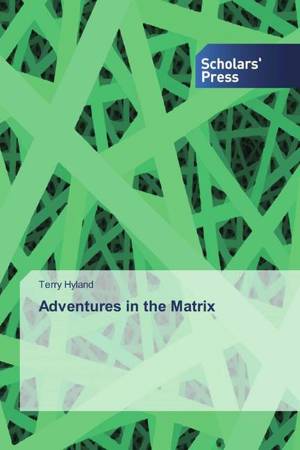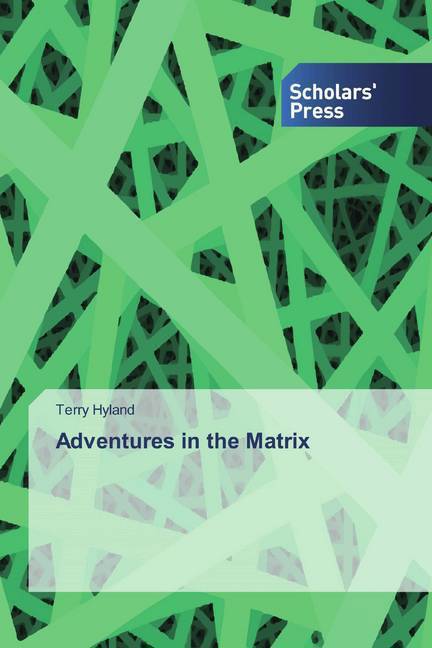
Door een staking bij bpost kan je online bestelling op dit moment iets langer onderweg zijn dan voorzien. Dringend iets nodig? Onze winkels ontvangen jou met open armen!
- Afhalen na 1 uur in een winkel met voorraad
- Gratis thuislevering in België vanaf € 30
- Ruim aanbod met 7 miljoen producten
Door een staking bij bpost kan je online bestelling op dit moment iets langer onderweg zijn dan voorzien. Dringend iets nodig? Onze winkels ontvangen jou met open armen!
- Afhalen na 1 uur in een winkel met voorraad
- Gratis thuislevering in België vanaf € 30
- Ruim aanbod met 7 miljoen producten
Zoeken
Omschrijving
Simulation arguments that the universe and our experience of it may be computer simulations constructed by advanced civilisations (either alien or our human/posthuman descendants) have been the subject of widespread debate since Bostrom's original philosophical formulation of the principal position in 2003. Since then the key elements of the argument - boosted by 'The Matrix' film and its sequels and spin-offs covering similar scenarios - have been discussed critically by philosophers, psychologists, literary critics and scientists, and there is now a large body of literature on the topic. The principal theme of this monograph is that this simulation literature offers immense potential for learning and teaching in a wide range of domains. After examining the main claims of the argument - and the key criticisms of simulation hypotheses - the implications of this debate in the spheres of ethics, epistemology and metaphysics are examined with a view to offering practical recommendations for potentially fruitful philosophical and educational discussion topics.
Specificaties
Betrokkenen
- Auteur(s):
- Uitgeverij:
Inhoud
- Aantal bladzijden:
- 100
- Taal:
- Engels
Eigenschappen
- Productcode (EAN):
- 9786138627944
- Uitvoering:
- Paperback
- Afmetingen:
- 150 mm x 220 mm

Alleen bij Standaard Boekhandel
+ 118 punten op je klantenkaart van Standaard Boekhandel
Beoordelingen
We publiceren alleen reviews die voldoen aan de voorwaarden voor reviews. Bekijk onze voorwaarden voor reviews.











